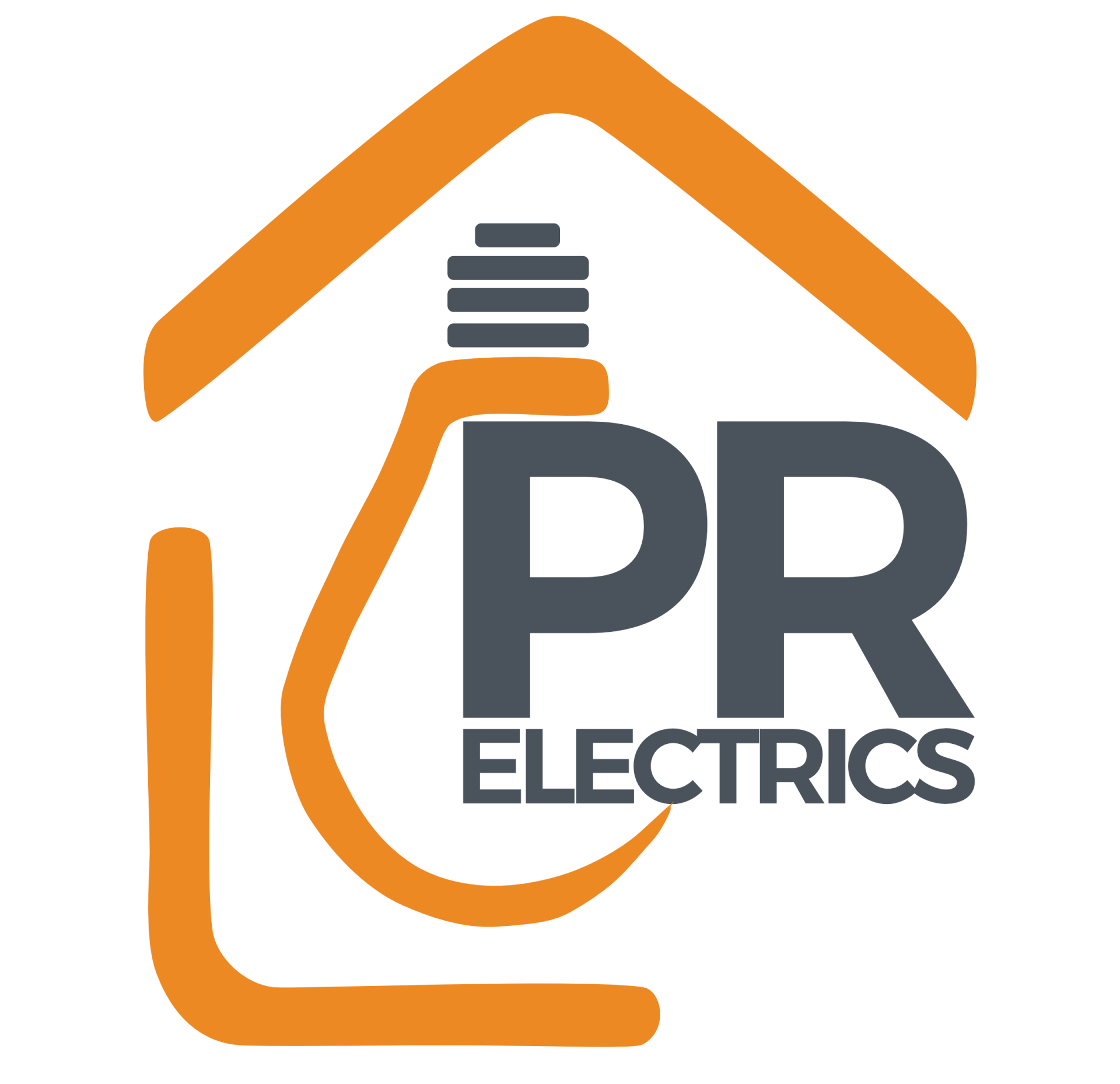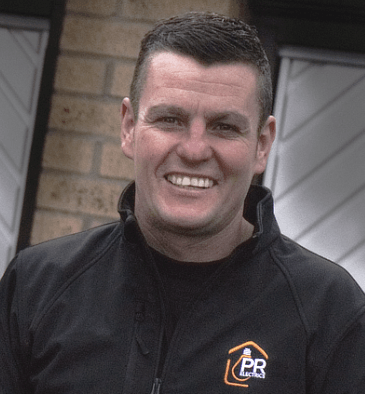Smoke Alarms
New smoke detection laws now apply in Scotland. Does your house meet the new laws?
- Get free advice and quote
- Smoke and heat alarms must be interlinked
- Alarms in high risk areas and escape routes
- Mains connected or 10 year battery life
- Carbon monoxide (CO) alarm in any room with a boiler, fire, gas hob or flu.
As approved Aico Expert Installers, we have undergone a high level of bespoke training, development and technical guidance to inform our customers on the best smoke sensor for homes & business
Limited Time Offer
Wireless Smoke Alarms
Single Story Property
2 Smoke Alarms, 1 Heat Detector & 1 CO Alarm, Fully Fitted & Tested.
£292.00
2 Story Property
3 Smoke Alarms, 1 Heat Detector & 1 CO Alarm, Fully Fitted & Tested.
£376.00
PR Electrics are happy to offer free advice and estimate for any householder. We provide only the highest standard of workmanship and product. We will be on time, on budget and guarantee to treat your home as if it were our own.
PR Electrics are certified Expert Installers of AICO who are market leaders in smoke and Carbon Monoxide (CO) detection systems.
Keep your family safe with a fixed cost of just £84 per alarm, supplied and fitted by PR Electrics. Every smoke detector, heat alarm and CO installation comes with fire safety compliance certificate and Minor Works certificate. These are legally required for any building warrants (if applicable).
GET CONNECTED, STAY PROTECTED.
Interlinked units – Scotland's law.
RadioLINK+ wireless interconnection technology uses radio frequency (RF) signals to wirelessly link alarms together with added functionality. Interconnecting alarms is vital so that occupants can hear the alarm throughout the property and is required in the British Standard BS 5839-6:2013, but this technology can now do so much more including whole system data extraction and monitoring.
There are many reasons for using wireless interconnection:
- Eliminates tricky wiring runs
- Saves time at installation
- Reduces mess and disruption during installation
- Saves money
- Makes it easier to add in new alarms and accessories
RadioLINK+ alarms and accessories use a plug-in module that fits directly into the head of the alarm. The Ei100MRF just slots into the alarm and is automatically activated ready to be House Coded in with the rest of the system. The RadioLINK+ module Ei100MRF is compatible with the 160e Series and the Multi-Sensor Fire Alarm, Ei2110e.
Legislation, active as of February 2019, means all homes will be covered as we believe that buildings should be safe for occupants regardless of tenure.
Alarm requirements
All homes should have:
one smoke alarm installed in the room most frequently used for general daytime living purposes
- one smoke alarm in every circulation space on each storey, such as hallways and landings
- one heat alarm installed in every kitchen
- all alarms should be ceiling mounted
- all alarms should be interlinked
There will also be a requirement for carbon monoxide detectors to be fitted where there is a carbon-fuelled appliance or a flue.
Interlinked smoke alarms
The requirements mean that all alarms must be interlinked. Existing smoke alarms will need to be reviewed to ensure they meet this requirement. You may not hear an alarm closest to the fire but, by having an interlinked system, you will be alerted immediately.
Alarm types: battery or mains-wired
You can install mains-wired and tamper proof long-life lithium battery alarms
Installing mains-wired alarms in flats and in houses over three storeys also requires a building warrant from your local authority
Costs for your smoke alarm
Any costs will be the responsibility of home owners.
The cost of each mid-range sealed long-life battery alarm is between £40 and £80.
Mains-wired alarms are generally cheaper than the sealed long-life battery alarms; however, installation will need to be carried out by an electrician which will be an additional cost to consider.
Compliance
Most home owners want to make their homes as safe as possible. Home fire safety visits from Scottish Fire and Rescue Service can be arranged, advising homeowners on fire safety and how to comply with the standards.
Compliance will also form part of any Home Report and it may be introduced as a requirement by home insurance companies. Because this will be a minimum standard for safe houses, local authorities will be able to use their statutory powers to require owners to carry out work on substandard housing.



